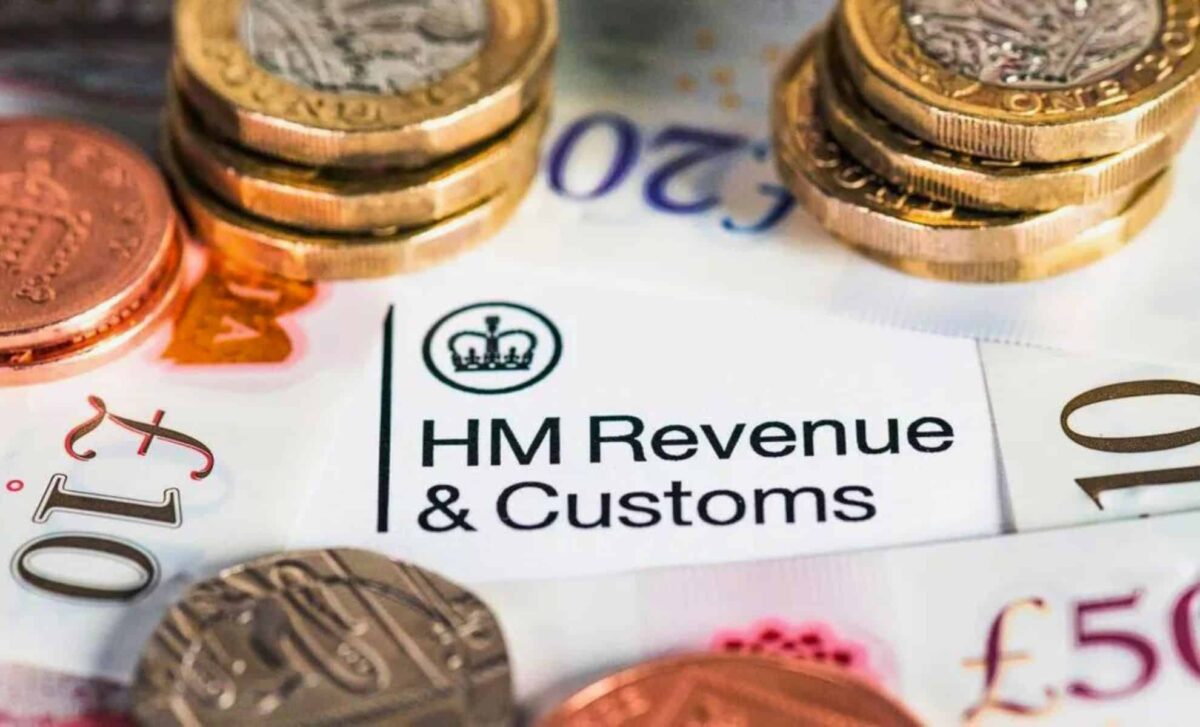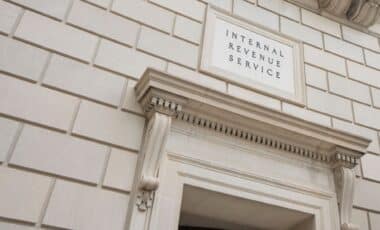Following the passage of a key deadline, HMRC has begun issuing £10 daily fines to anyone who have yet to complete their self-assessment tax return.
HMRC Imposes Daily Fines for Late Tax Filers
The deadline for the 2022/23 tax year was 11.59 p.m. on January 31. If your tax return was even a day late, you might have already received a £100 fine, regardless of whether you owed any tax.
If you still failed to file after three months, you will face extra fines of £10 each day, up to a total of £900.
These increased fines would have become effective on May 1 for everyone who had not yet filed their self-assessment. If you haven’t submitted within six months after the deadline, you will face an additional penalty of 5% of the tax payable or £300, whichever is greater.
The Mirror states that this process takes place every 12 months.
The deadline for paying any taxes owed was likewise January 31. If you neglect to settle your tax bill on time, you will be penalised 5% of the amount outstanding within 30 days, then again after six months and twelve months.
Interest will be added. The paper deadline for submitting your self-assessment was October 31.
Who Needs to File a Self-Assessment Tax Return?
If you’re self-employed and your income hasn’t been automatically withdrawn, or if you’ve made additional revenue outside your regular employment that hasn’t been taxed, you’ll usually need to file a self-assessed tax return.
In the past week, it was revealed that 3.8 million taxpayers have yet to submit their self-assessment tax forms. According to moneyhelper.org.uk, you need to submit a self-assessment tax return if:
- You received more than £2,500 in untaxed earnings.
- Your earnings from investments or savings were £10,000 or more before taxes.
- You must pay Capital Gains Tax on earnings from the sale of assets such as stocks or a second home.
- You are a corporation director (unless it is a non-profit entity, such a charity).
- You or your partner earned more than £50,000 and are receiving Child Benefit.
- You have overseas income that you must pay taxes on, or you live abroad but earn money in the UK.
- Your total taxable income exceeds £100,000.
- If you earned more than £50,000 in the 2021/22 tax year and made pension contributions, you may need to complete an assessment to obtain the additional tax relief you are entitled to.
- You are a trustee for a trust or registered pension scheme.
- Your State Pension was the sole source of income and exceeded your personal allotment.
- You were given a P800 from HMRC, claiming that you did not pay enough tax last year.
You can also check the HMRC website to determine if you need to submit a tax return.









